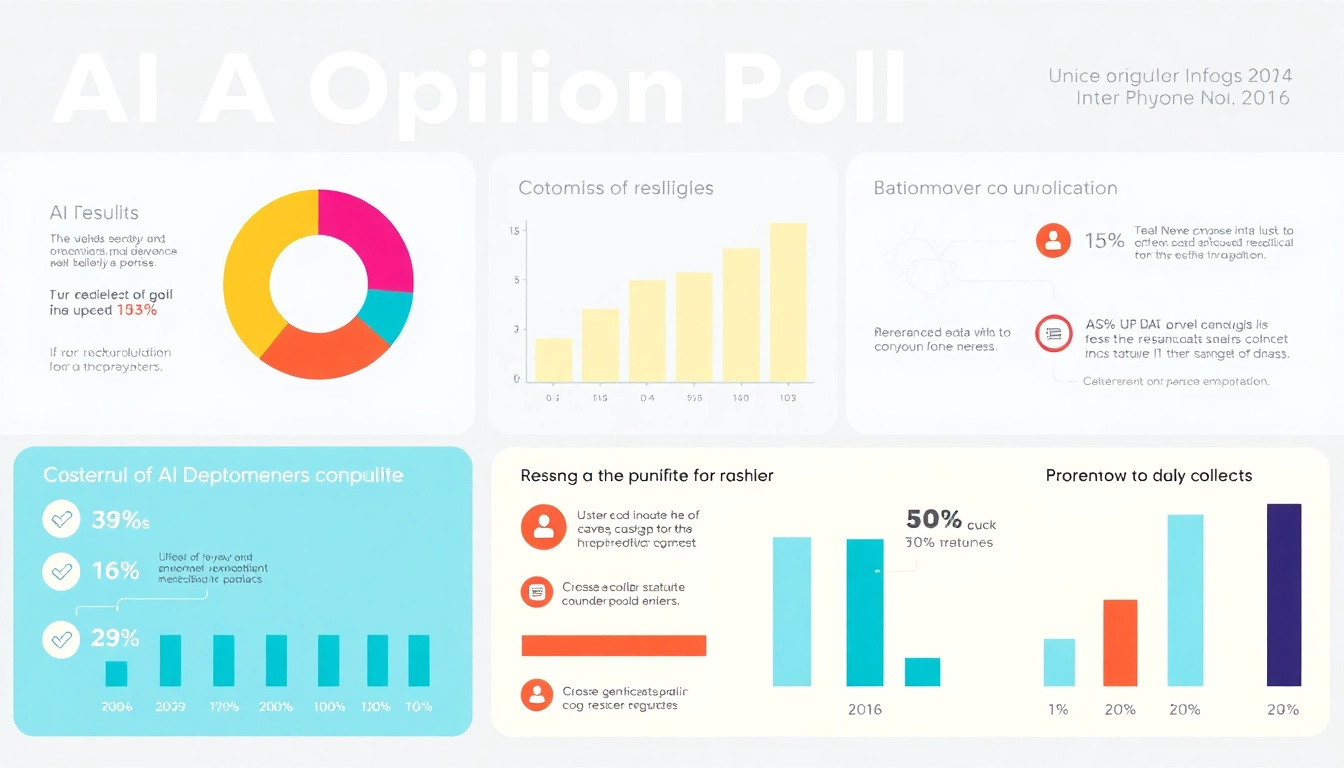Understanding Clinical Research Certification
What Is Clinical Research Certification?
Clinical research certification is a formal recognition that an individual has acquired the competency, knowledge, and skills necessary to conduct clinical research rigorously and ethically. This type of certification validates the expertise of professionals involved in clinical trials, studies, and associated processes. A certified clinical research associate (CRA) or clinical research coordinator (CRC), for instance, demonstrates to employers and regulatory bodies that they can appropriately manage all phases of clinical trials, from protocol development to data collection and analysis.
Such certification is increasingly vital as the clinical research landscape evolves with technological advancements and stricter regulatory requirements. The emphasis on patient safety and data integrity has necessitated a workforce that is knowledgeable in Good Clinical Practice (GCP) guidelines and capable of navigating complex ethical considerations. Obtaining a clinical research certification can significantly enhance one’s credibility and job prospects in a competitive field.
Importance of Certification in Healthcare
The significance of clinical research certification extends far beyond personal achievement; it touches every aspect of healthcare and medical advancement. Certification affirms the expertise of researchers and clinical trial staff, fostering a culture of accountability and professionalism that is essential in healthcare settings. Moreover, it serves to enhance the quality of clinical trials, which is crucial for improving patient outcomes and advancing medical knowledge.
In a healthcare landscape characterized by rapid changes, increased awareness of patient rights, and the necessity for ethical standards, certified professionals are better equipped to handle challenges. They understand the importance of maintaining compliance with regulatory frameworks such as the Food and Drug Administration (FDA) regulations, European Medicines Agency (EMA) guidelines, and local ethics committees. This adherence not only mitigates the risks associated with clinical research but also builds public trust in the research process.
Types of Clinical Research Certifications Available
There exists a variety of clinical research certifications catering to different professional roles and career trajectories. Below are some of the prominent certifications:
- Certified Clinical Research Associate (CCRA): This certification is aimed at professionals who monitor clinical trials and ensure compliance with regulations.
- Certified Clinical Research Coordinator (CCRC): Targeted towards individuals managing the execution of clinical trials at research sites.
- Certified Principal Investigator (CPI): Designed for those leading clinical trials, ensuring efficacy and safety in participants.
- Clinical Research Associate Certification (CRA): A general term that encompasses various certifications for individuals conducting and monitoring clinical trials.
- Certified Clinical Trial Assistant (CCTA): Focuses on staff assisting with day-to-day management of clinical trials.
In addition to these, many organizations offer specialized certifications targeting niche areas within clinical research, such as data management, regulatory affairs, or the use of specific technologies and methodologies.
Getting Started with Certification
Prerequisites for Clinical Research Certification
Before pursuing any clinical research certification, it is essential to determine the prerequisites associated with each type. Typically, candidates are expected to have a foundational education in a health-related field, such as nursing, medicine, pharmacy, or life sciences. Specific programs may also require varying levels of work experience directly related to clinical research. For instance, a CCRC candidate might need a minimum of two years’ experience in clinical trials or research roles.
Many organizations offer preparatory courses that not only bolster a candidate’s knowledge but also fulfill eligibility requirements for certification. It’s advisable for aspiring candidates to thoroughly review the certification’s official guidelines to ensure compliance with educational and experiential prerequisites.
Choosing the Right Certification Program
Choosing the right clinical research certification program is a critical step in the journey toward certification. Candidates must consider their career goals, areas of interest within clinical research, and the reputation of the certifying organization.
Organizations such as the Association of Clinical Research Professionals (ACRP) or the Society of Clinical Research Associates (SoCRA) offer several well-respected certification programs. Candidates should research each organization’s curriculum, exam structure, and post-certification benefits. In addition, completing practice exams or speaking to certified professionals can provide insights into which program best fits an individual’s aspirations and professional journey.
Application Process Breakdown
The application process for clinical research certification can vary between organizations but generally follows a similar pattern. Here are the common steps:
- Gather Necessary Documentation: This often includes proof of education, work experience, and identification.
- Complete the Application Form: Carefully fill out the application, ensuring all information is accurate and up-to-date.
- Pay the Certification Fee: Fees can vary depending on the certification and organization; ensure you are aware of all associated costs.
- Schedule Your Exam: Once your application is approved, schedule your exam at a convenient testing center or opt for online options if available.
Being thorough and methodical in this process can prevent delays and ensure candidates are adequately prepared for the testing phase.
Preparing for the Certification Exam
Study Materials and Resources
Securing the right study materials is crucial for success in passing the certification exam. Candidates should utilize a variety of resources, including:
- Official Study Guides: Many certification bodies provide official guides outlining exam content and format.
- Online Courses: Platforms like Coursera and edX offer courses specifically designed for clinical research topics.
- Practice Exams:Taking practice tests can help familiarize candidates with the exam format and highlight weak areas that require further review.
- Networking with Professionals: Connecting with certified professionals can yield invaluable insights and suggestions on effective study methods.
Creating an Effective Study Plan
The preparation phase for the certification exam can often feel overwhelming; however, creating an effective study plan can simplify the process. Here are actionable steps to develop your study strategy:
- Assess Your Current Knowledge: Conduct a self-assessment to identify strengths and weaknesses regarding the exam content.
- Set Study Goals: Establish realistic and specific study goals, such as covering a certain number of chapters each week.
- Create a Study Schedule: Designate specific times for studying each week, allocating more time for challenging topics.
- Incorporate Active Learning Techniques: Rather than passive reading, engage with materials through flashcards, summarizing chapters, or teaching concepts to others.
Test-Taking Strategies for Success
As the exam day approaches, having effective test-taking strategies can make a significant difference in performance. Here are key strategies:
- Understand the Exam Format: Familiarize yourself with the types of questions (multiple-choice, short answer) and the scoring system.
- Practice Time Management: During practice exams, time each section to ensure you can complete all questions within the allotted time.
- Read Questions Carefully: Take the time to read each question thoroughly and ensure you understand what is being asked before selecting an answer.
- Answer All Questions: If unsure of an answer, eliminate the choices you deem unlikely and make an educated guess; unanswered questions receive no credit.
Navigating the Certification Process
Understanding Exam Formats and Policies
Each certifying body will have specific exam formats and policies. Familiarizing yourself with these details is essential for effective preparation. Some aspects to consider include:
- Exam Length: Know how long the exam will be and how many questions will be included.
- Retake Policies: Understand the policy regarding retakes in case you do not pass on the first attempt.
- Allowed Resources: Some exams may permit the use of specific materials during testing; be aware if this is permitted.
Common Challenges Faced by Candidates
As with any professional certification process, candidates may encounter challenges. Here are some common hurdles and suggested solutions:
- Time Constraints: Balancing study time with professional or personal obligations can be difficult. Creating a structured schedule allows you to allocate specific study times effectively.
- Information Overload: The extensive content can feel overwhelming. Focus on understanding core concepts and utilize summary notes for revision.
- Exam Anxiety: Many candidates experience performance anxiety. Practicing relaxation techniques, such as deep breathing and visualization, can help alleviate stress.
Tips for Overcoming Exam Anxiety
Exam anxiety can hinder performance, but several strategies may ease this burden:
- Prepare Early: Begin studying well in advance to avoid last-minute cramming, which can heighten anxiety.
- Practice Relaxation Techniques: Incorporating mindfulness, meditation, or yoga into your routine can help maintain a calm mindset.
- Simulate Exam Conditions: Take practice exams under timed conditions to acclimatize yourself to the testing environment.
- Stay Positive: Maintain a positive mindset. Affirmations and visualizing successful outcomes can promote confidence.
Post-Certification: Career Opportunities
Increasing Demand for Certified Professionals
The demand for certified clinical research professionals is on the rise due to the growing complexity of clinical trials and the need for stringent regulatory compliance. With the global clinical research market expected to grow significantly, employers are actively seeking professionals who can not only conduct research but also ensure adherence to best practices in patient safety and data management.
In various sectors, including pharmaceuticals, biotechnology, and contract research organizations (CROs), certified individuals often enjoy a competitive edge in job applications. The rigorous training and knowledge gained during certification prepare candidates to meet industry standards, making them invaluable assets in their roles.
Roles and Responsibilities in Clinical Research
Upon certification, an array of job opportunities becomes available, each with distinct responsibilities. Some of the prevalent roles include:
- Clinical Research Associate: Monitors clinical trials, ensuring compliance with protocols and regulations while collecting and verifying data.
- Clinical Trial Coordinator: Manages the operational aspects of clinical trials, ensuring proper setup, management, and communication between stakeholders.
- Principal Investigator: Leads the research team, overseeing the clinical trial protocol’s execution and ensuring patient safety and ethical integrity.
- Regulatory Affairs Specialist: Ensures compliance with government regulations regarding clinical research practices.
Continuing Education and Recertification Needs
Obtaining certification is just the beginning; maintaining it requires commitment to continuing education. Many organizations mandate a certain number of continuing education credits (CEUs) to ensure professionals stay current with evolving best practices and regulatory changes. Continuing education may involve attending workshops, webinars, or conferences that address new developments in clinical research methodology, ethics, and regulatory issues.
It is essential for certified professionals to stay engaged in the field, often through networking with peers, participating in relevant workshops, and subscribing to relevant journals. This continuous engagement helps professionals remain informed about trends and innovations in clinical research, benefiting their careers and enhancing the overall quality of research conducted.



